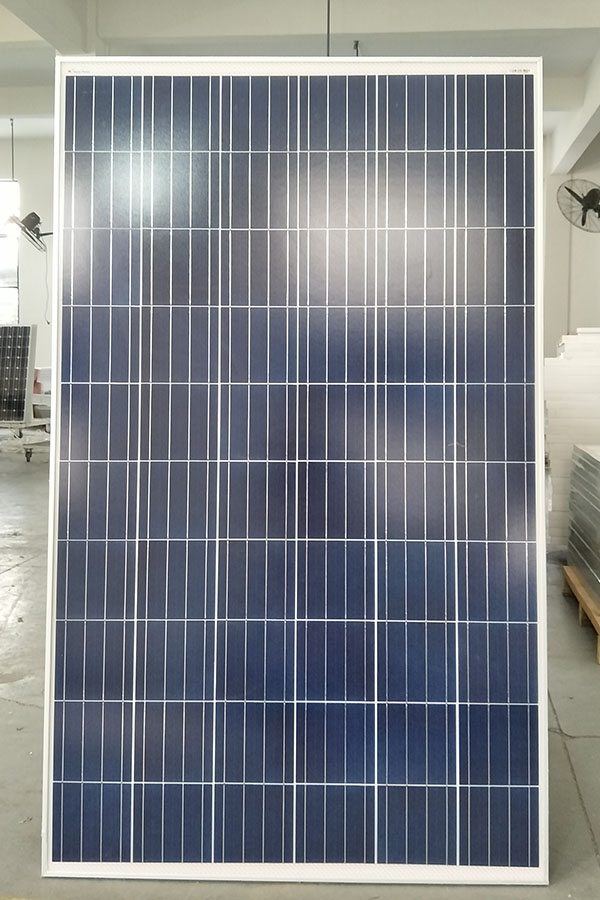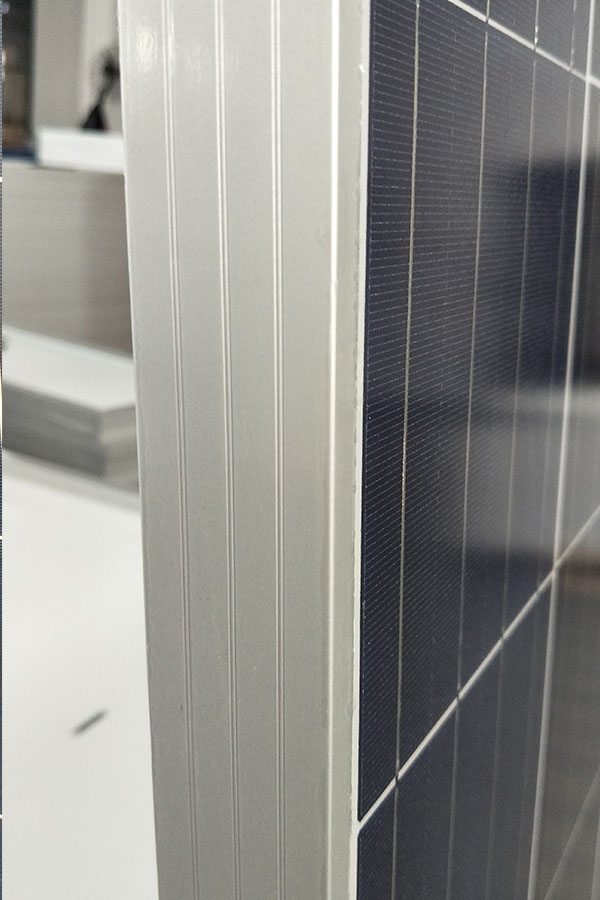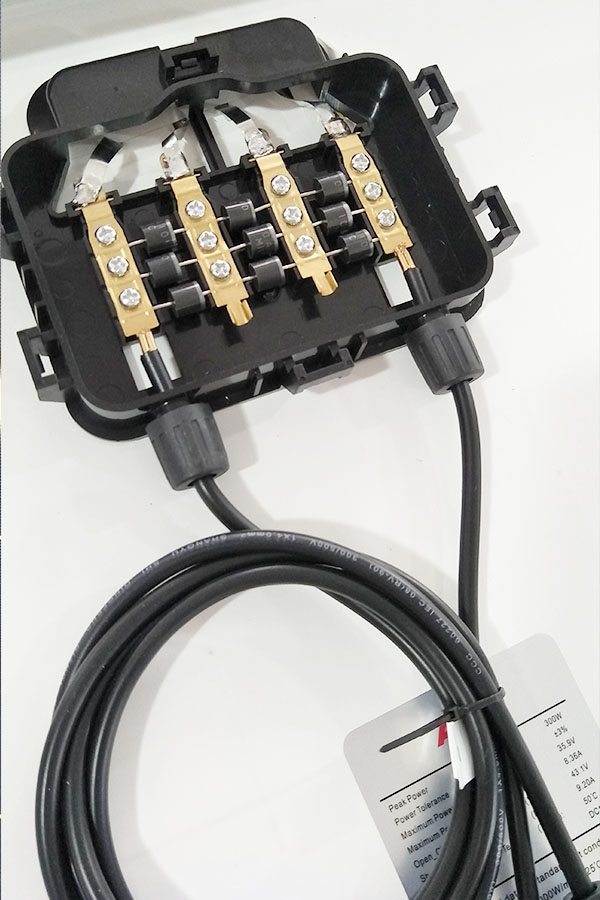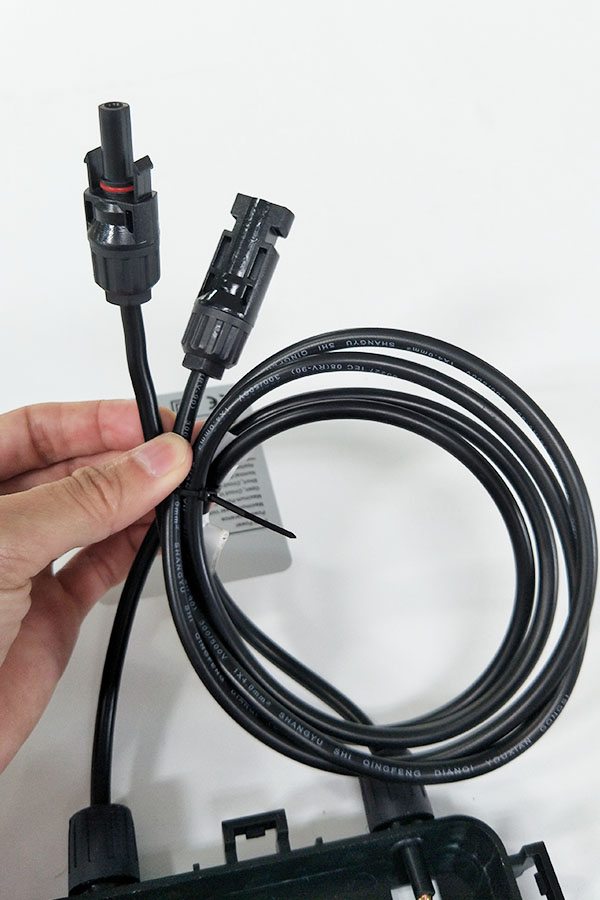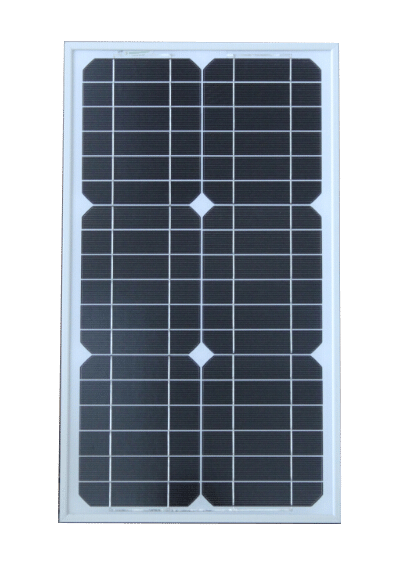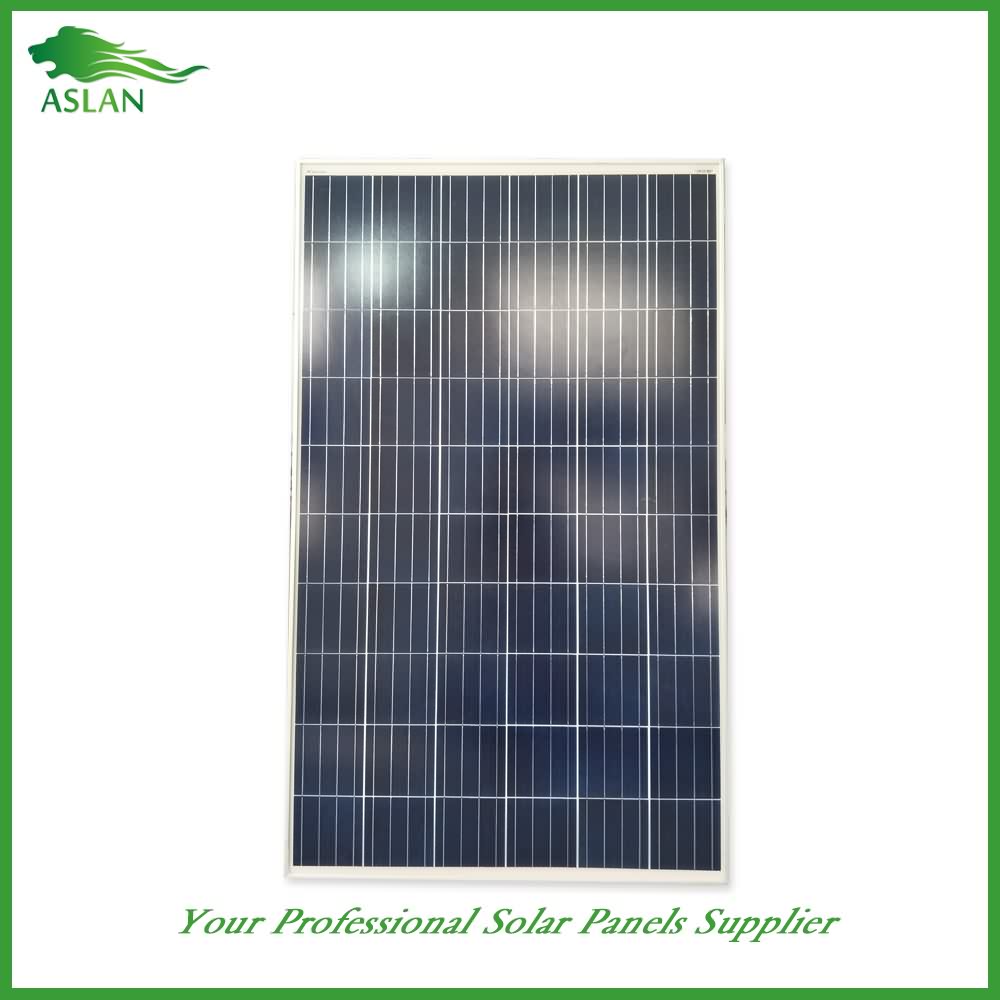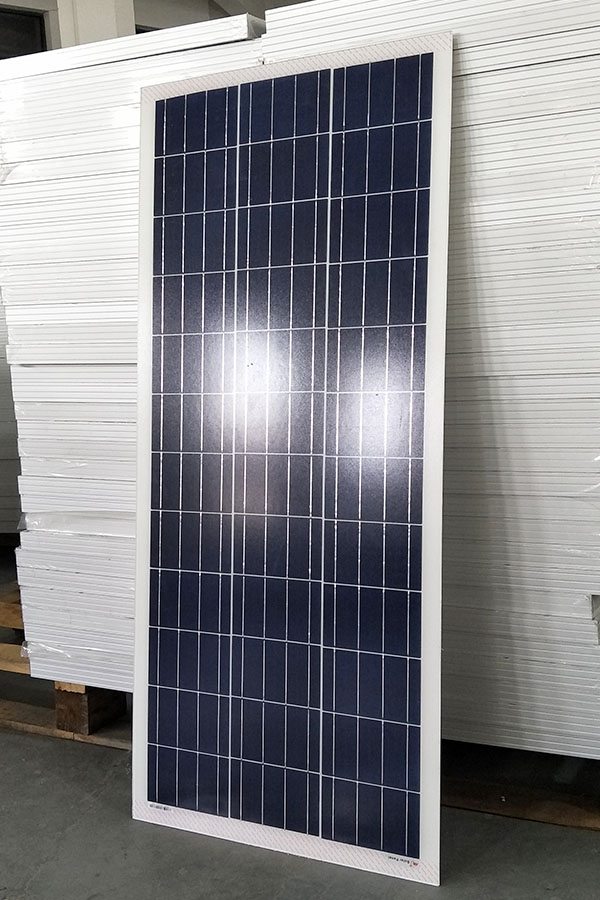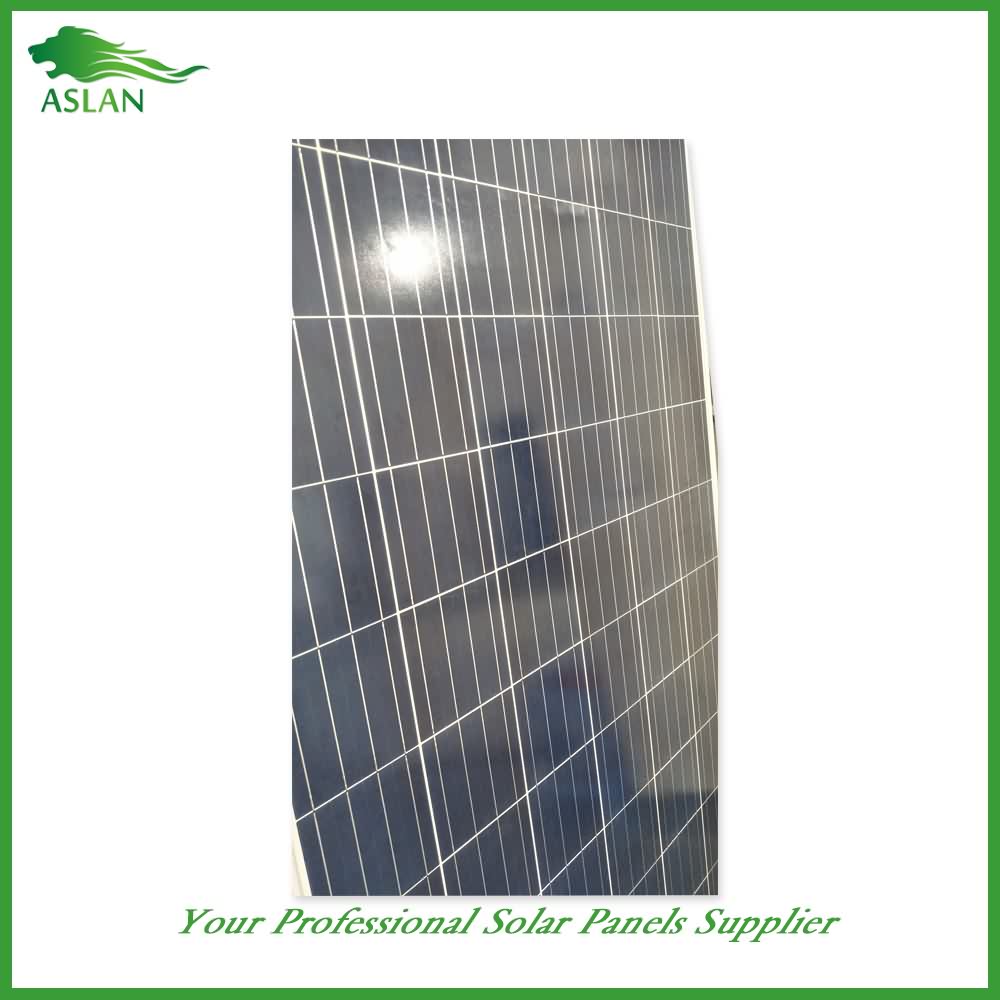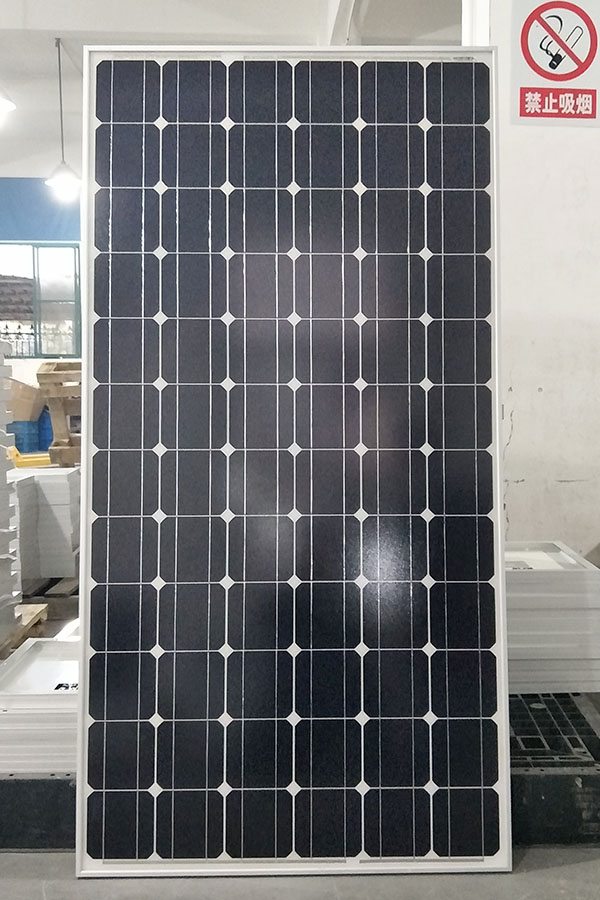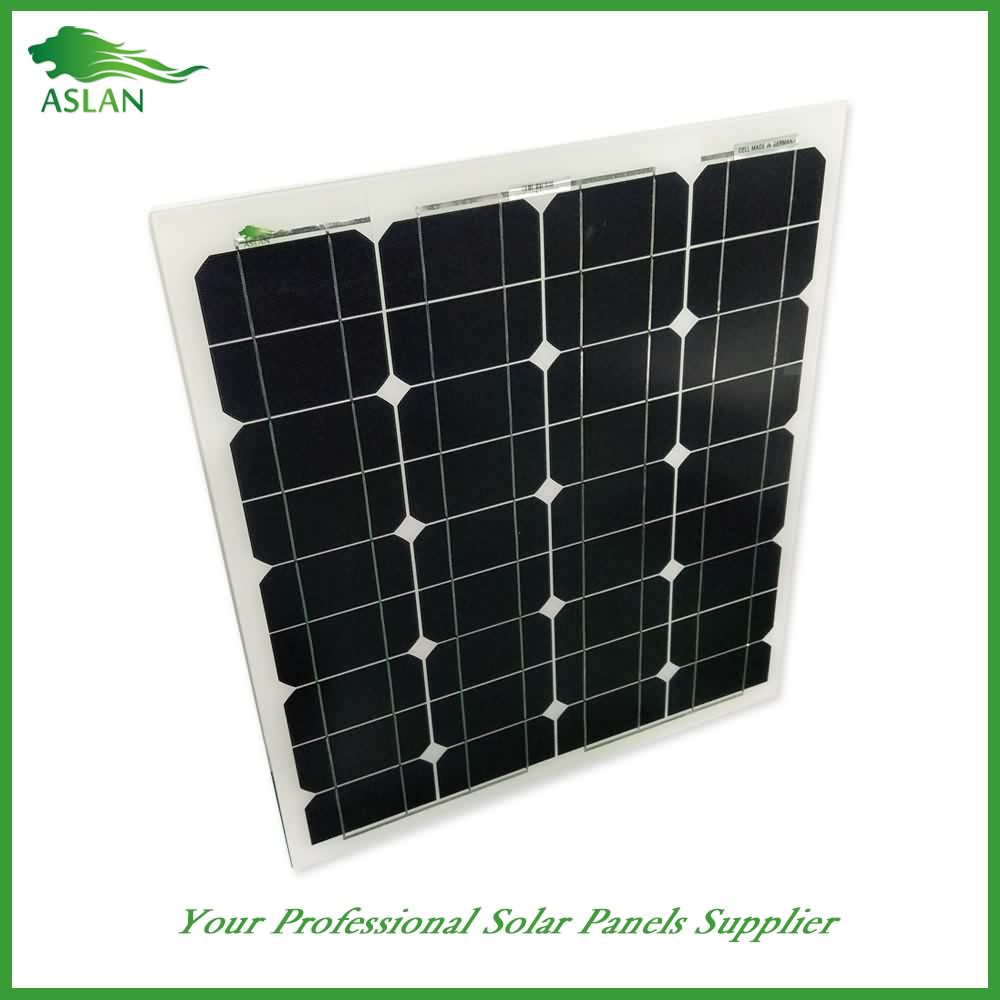Factory Free sample Poly-crystalline Solar Panel 250W Supply to Eindhoven
Short Description:
Our eternal pursuits are the attitude of "regard the market, regard the custom, regard the science" and the theory of "quality the basic, trust the first and management the advanced" for Factory Free sample Poly-crystalline Solar Panel 250W Supply to Eindhoven, Our final goal is "To try the best, To be the Best". Please feel free to contact with us if you have any requirements.
Poly-crystalline Solar Panel 250W
Technical parameter
Maximum Power(W) 250W
Optimum Power Voltage(Vmp) 30.25V
Optimum Operating Current(Imp) 8.26A
Open Circuit Voltage(Voc) 36.61V
Short Circuit Current(Isc) 8.89A
Mechanical Characteristics
Cell Type Polycrystalline 156x156mm (6 inch)
No of Cell 60 (6x10pcs)
Dimensions 1640x990x40mm
Weight 18.5KGS
Front Glass 3.2mm,High Transmission, Low Iron,Tempered Glass
Junction box IP65 Rated
Output Cable TUV 1×4.0mm2/UL12AWG,Length:900mm
Temperature and Coefficients
Operating Temperature(°C): -40°C ~ + 85°C
Maximum System Voltage: 600V(UL)/1000V(IEC) DC
Maximum Rated Current Series: 15A
Temperature Coefficients of Pmax: -0.47%
Temperature Coefficients of Voc: -0.389%
Temperature Coefficients of Isc: 0.057%
Nominal Operationg Cell Temperature (NOCT): 47+/-2°C
Materials of solar panel
1).Solar Cell——Polycrystalline solar cell 156*156mm
2).Front Glass——-3.2mm, high transmission, low iron, tempered glass
3).EVA——-excellent anti-aging EVA
4).TPT——-TPT hot seal made of flame resistance
5).Frame——anodized aluminum profile
6).Junction Box——-IP65 rated, high quality, with diode protection
Superiority: high quality anodized aluminum frame, high efficiency long life, easy installation, strong wind resistance, strong hail resistance.
Features
1. High cell efficiency with quality silicon materials for long term output stability
2. Strictly quality control ensure the stability and reliability, totally 23 QC procedures
3. High transmittance low iron tempered glass with enhanced stiffness and impact resistance
4. Both Poly-crystalline and Mono-crystalline
5. Excellent performance in harsh weather
6. Outstanding electrical performance under high temperature and low irradiance
Quality assurance testing
Thermal cycling test
Thermal shock test
Thermal/Freezing and high humidity cycling test
Electrical isolation test
Hail impact test
Mechanical, wind and twist loading test
Salt mist test
Light and water-exposure test
Moist carbon dioxide/sulphur dioxide
This informative webinar features SunWize Senior Engineer Rob Rallo, who has over 25 years experience designing off-grid solar, hybrid, and battery backup power systems.
This educational webinar will cover several topics related to PWM charge controllers, MPPT charge controllers, and 60-cell solar modules.
The first portion of the webinar will discuss voltage set points, temperature effects, and voltage losses between the array and solar charge controller. We will review appropriate calculations and best-practices related to these topics when designing off-grid solar systems.
The next portion of the presentation will cover appropriate design considerations for 60-cell (24V) solar modules when integrating into battery based systems. This section will include calculations for charge controller and battery bank voltages when using 60-cell modules.
Finally, we will discuss performance differences between PWM and MPPT charge controllers. When deciding what controller to use, it’s important to understand the limitations of each controller type, their advantages/disadvantages, different capabilities & features, as well as understanding the correct amount of power you can expect to produce with each type of controller under various conditions.
Make sure you are adequately sizing your system’s exact equipment & specifications with appropriate power output calculations, temperature effects, and line loss considerations!
We specialize in the design, sales, installation and the service of solar equipment. Empowered by a team of expert engineers, technicians and installers.
